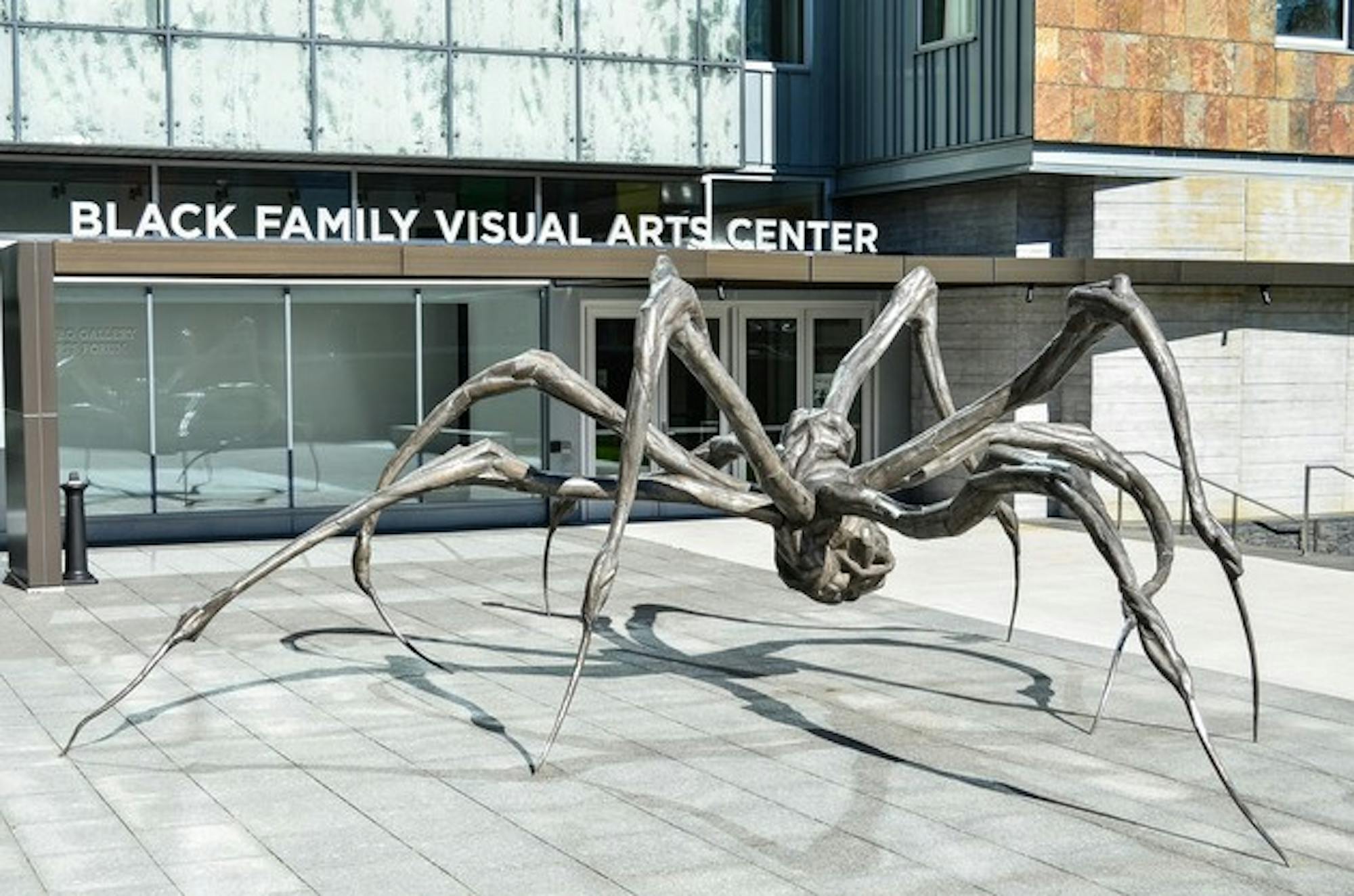College President Philip Hanlon and the Board of Trustees will determine priorities and solidify plans for the campaign.
Senior vice president for advancement Robert Lasher '88 said the College hopes to continue funding financial aid, faculty research and campus renovations.
While Lasher could not confirm a time frame for the capital campaign, he said the College is in communication with alumni.
"Every institution goes through a cycle of campaigns," Lasher said. "That's the way we marshal resources to bring together transformative ideas. It's fairly common for each institution to go through a planning process to set out a series of priorities."
The last capital campaign, which lasted seven years, ended in 2009 and raised $1.3 billion for the College and graduate schools. The Campaign for the Dartmouth Experience focused on improving student life, said Fahey, who served as a co-chair.
The campaign was divided into two periods the silent phase between 2002 and 2004, followed by the 2004-2009 public phase. During the silent phase, former President James Wright, top-level administrators and capital campaign chairs solicited initial donation commitments from major alumni donors.
When the campaign reached its public phase in 2004, the leaders were able to meet the intended goal by marketing the campaign's progress and alumni.
"This campaign had an unusually heavy component of needs that were related to student life," Fahey said. "The housing on campus was, at the time, very inadequate, and so among the most visible results of the campaign were the new dorms."
Renovations included work on the Fahey-McLane and McLaughlin residential clusters and Hitchcock Hall. Donations also endowed four chair positions and 17 professorships, funded faculty research and gave $122 million for scholarships.
One of the capital campaign's main goals was to increase the baseline level of alumni donations, Fahey said. While the Dartmouth College Fund was raising approximately $20 million when the campaign began in 2002, the amount increased to around $40 million throughout the campaign.
Capital campaigns occur periodically and raise significant funds for Dartmouth's long-term strategic planning initiatives. The five-year Will to Excel campaign ended in 1996 and raised $530 million for the College and graduate schools.
The College raises money annually through the Dartmouth College Fund, which is funneled to financial aid and hires faculty.
Other alumni donations are designated toward particular projects and initiatives. Frank Guarini '46 contributed $10 million to off-campus programs this year, and Leon Black '73 gave $48 million for the new Black Family Visual Arts Center.
"The College relies on alumni to fund a portion of the annual budget," class agent Bill Daniel '78 said. "The funds are available and utilized for whatever portion of the budget."
The Class of 1978 donated to the Life Sciences Center's construction and set a new giving record of $43 million in 2007 for its 30th reunion.
Daniel attributed the volume of contributions to his class' professional success and giving spirit.
"You can have a lot of wealth and not want to give, but we have been doubly blessed with successful people who are willing to give," Daniel said.
Last year, the College broke a record in alumni contributions after raising $171.5 million, a 16.4 percent increase from the previous year.
In 2011, the College raised $147.4 million, a slight decrease from the previous fiscal year, in which it received approximately $152 million. Contributions made to the College in 2012 surpassed the previous record of $167.6 million raised in 2008.




